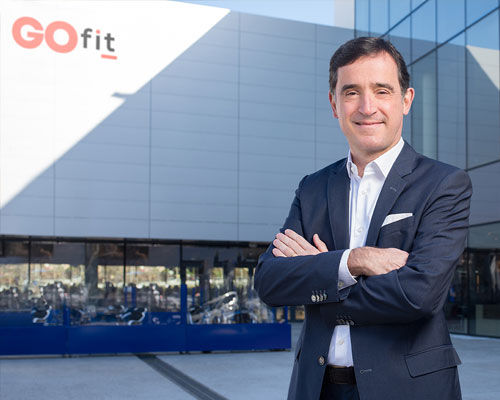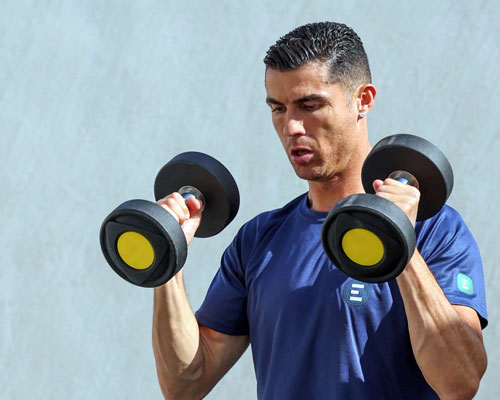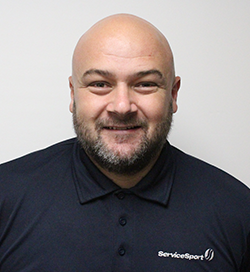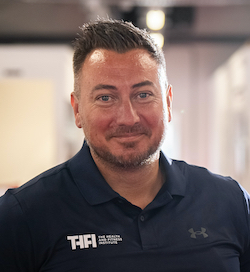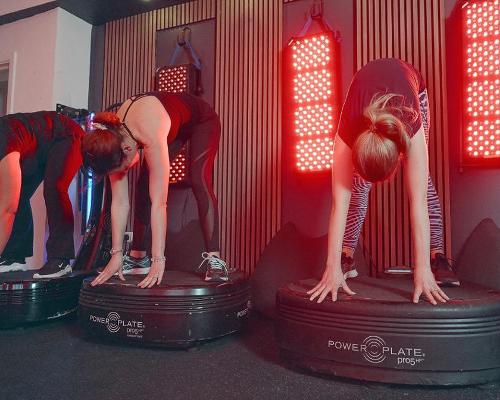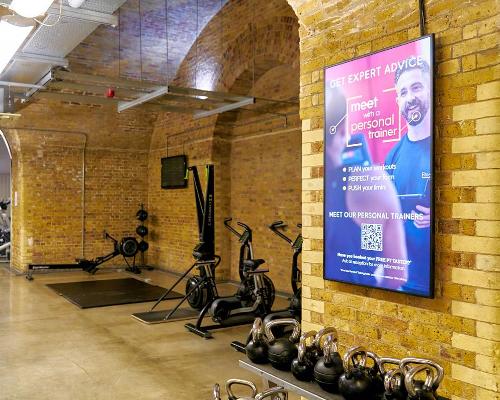features
Exercise & ageing: Age inclusivity
As the world’s population ages, health and wellbeing facilities need to respond by adapting their products and services. But how? Katie Barnes asks a global panel of experts from the spa, fitness, wellbeing and hospitality sectors for their advice
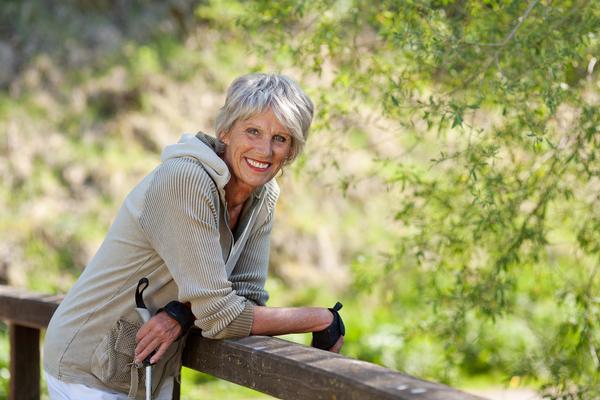
The sheer number of Baby Boomers makes them one of the most influential generations in the world. Born between 1946 and 1964, these 51- to 69-year-olds represent some 450 million people worldwide according to the AgeLab research organisation at MIT university in the US. They’ve shaped the world as we know it today and their numbers are increasing faster than any other age group as a result of longer life expectancy and declining fertility rates.
They’re also a prime market for health clubs and spas, both thanks to their higher levels of disposable income than other population groups and their loyalty: in his White Report, which monitored club member retention levels over a period of 48 months, Dr Paul Bedford found that 22 per cent of those aged over 55 were still members by the end of the four years, compared with just 5 per cent of those aged 16–24.
But as people age, their biological, psychological, social and economic characteristics, needs and expectations change. “Global consumer product and service companies that start now to assess, adjust and update their product offerings to best serve this evolving and increasingly influential 50+ market will be far more likely to grow their consumer base and to reap great rewards,” says the 2008 Deloitte study Wealth with Wisdom (see p66).
Are gyms and spas really ready for this demographic shift? How can they adapt their design, programming and service style to make them age-friendly? Given that Boomers reject the idea they’re ‘old’, how can changes be made without singling them out? We ask the experts.
Wendy Bosalavage,
President,,
American Leisure, US
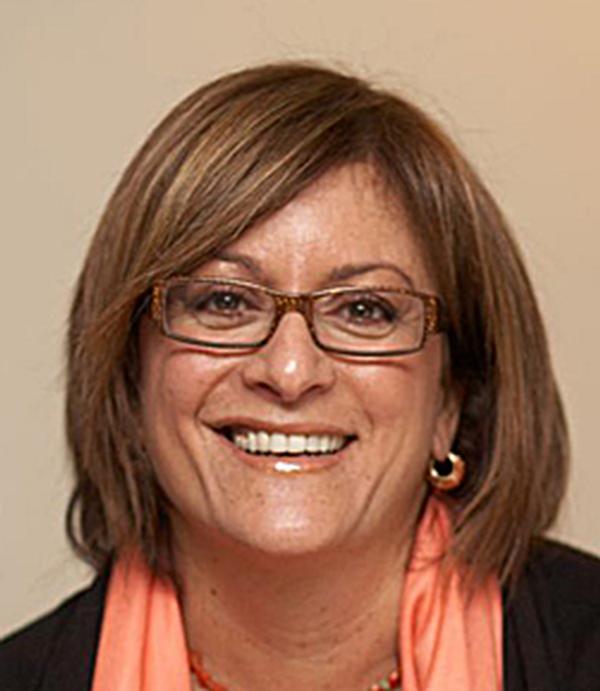
American Leisure has been operating recreational amenities and spas for more than 30 years and we’re seeing the growth of the ageing population first-hand. We manage close to 80 locations in the US and I’d say 40 per cent of our customers fall in the 50-plus category. We also oversee an active adult community, Four Seasons at Great Notch in New Jersey, for people aged 55 and above.
These people want to age healthily and they’re clamouring for information on how to do this. I believe the wellness industry has the wherewithal to deliver that information and to offer the appropriate services: health clubs and spas offer a great teaching space in a non-threatening environment, unlike a doctor’s office.
However, this age group doesn’t want to be cast as ‘senior citizens’. Our spa menu, called Your Well-being™, weaves in age-friendly services, but they’re not exclusive to older adults – they’re intergenerational. For example, our hot sand therapy treatment at the new Island Spa Catalina – an island off the coast of southern California – addresses joint pain for older people as well as deep relaxation for anyone else. We also developed a Cat Nap sleep therapy treatment that everyone can enjoy, but we know it will benefit older people who have different sleeping patterns.
On the fitness side, we believe water-based activities will become even more popular, because they cause less impact on the joints.
Other things that spas and health clubs might want to pick up on are balance, which is very important as you age and become prone to falls, and skincare – not just anti-ageing/aesthetics but the health of skin, which thins as you get older.
Going forward, health and wellness facilities will need to think about accessibility and age-friendly design.
Socioeconomics comes into play too – what happens when people don’t have deep pockets? There’s a big opportunity for affordable age-friendly spas, which could emulate proven franchise models such as Massage Envy. They could offer condition-specific therapies for active adults and interweave them with education about the importance of spa services in whole body wellness.
American Leisure designs, brands and operates spas, residential lifestyle, sport and recreational facilities across the US.
Details: www.americanleisure.com
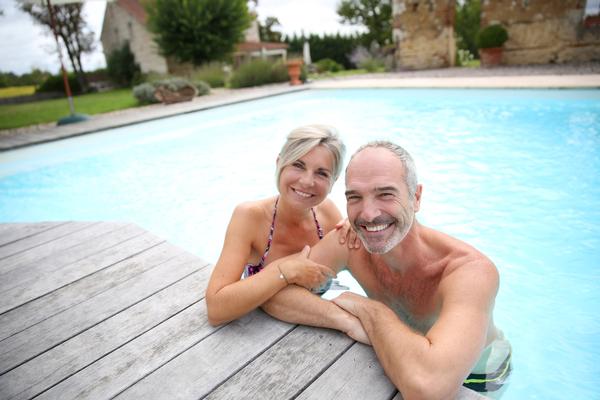
WEALTH WITH WISDOM REPORT
Deloitte’s 2008 report Wealth with Wisdom: Serving the Needs of Aging Consumers, presents a framework for thinking about the changes confronting over-50s consumers. It highlights issues businesses must understand in their product and service design and delivery. Below is an outline of points that might be of interest to clubs.
Biological changes
As consumers age, biological changes occur in their mobility, flexibility, strength, vision and hearing. Deloitte suggests managers “walk a mile in the customer’s shoes”. Take a group of guests aged 50-plus through the club and ask what’s going through their minds. Better still, experience it first-hand by wearing the Third Age Suit, which simulates the physical limitations of older adults. The suit, designed by researchers at Loughborough University in the UK, is already used by firms such as Ford and Boeing.
Psychological changes
Deloitte identifies memory and information processing as two of the main cognitive functions that deteriorate with age. Mood, emotion and attitude formation also change.
In terms of information processing, older adults aren’t as able to block out noise or irrelevant stimuli – whether aural, visual, tactile or language-related. While they still have the ability to learn new information, they process details more slowly. Health clubs that want to attract this market should eliminate distracting stimuli and make messages clear and easy to remember, say the report’s authors at Deloitte.
The report also suggests that businesses sensitise and train staff to the needs of older adults. Such training could focus on how employees provide a sense of comfort in new situations to put older adults at ease.
Social changes
The Deloitte report indicates that as people mature, their networks – familial, professional and social – become increasingly complex, overlap and impact on consumption patterns. It suggests businesses “provide opportunities for individuals to connect with their family and friends in multiple contexts”.
It underlines the importance of offering an experience, service or product that has personal relevance. People aged 50-plus are often bundled together into one group, even though socioeconomic status, cultural and religious outlooks, where they live, and of course their actual age beyond 50 all impact how they pick services and products to meet differing needs.
“Influencing these consumers with the right message depends on ‘speaking their language’ to communicate in a personally relevant way,” says the report. Deloitte advises companies tap into older adult social networks to uncover consumption patterns.
Read the report: www.health-club.co.uk/deloitte
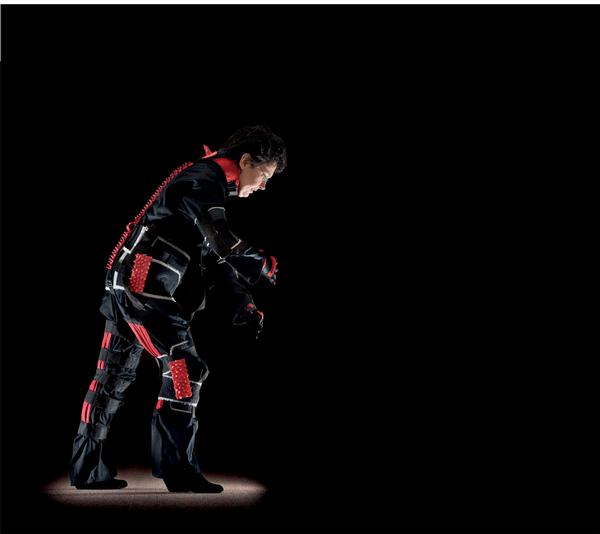
Kim Walker,
Founder & CEO,
Silver Group, Asia
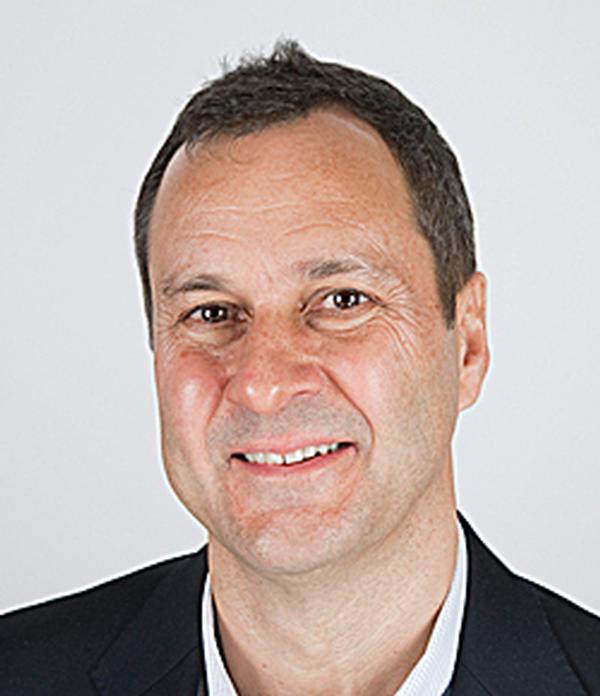
In the Asia-Pacific region, most spa and health club development is about ultra-design: facilities are modern, built using the latest materials and imagined by hip designers for trendy, rich Millennials. But this consumer is a rare breed. On the other hand, the older population is the fastest growing, wealthiest and least contested consumer sector. Yet they’re simply not being properly addressed, and this is where there’s a huge opportunity for businesses, including clubs and spas.
We help companies understand the needs of older consumers by evaluating the customer experience through the lens of an ageing body, mind and senses using our age-friendly AF Audit™ tool. We help teams understand the issues and ideate the changes via workshops.
At 50, the body begins to creak and groan. Muscle mass, strength and flexibility start to deteriorate. Cognitive impairment starts as early as 45 years, and around the same time people begin to need reading glasses. Nearly half of those aged 65 and over struggle to take the lid or cap off bottles, and a third have some form of hearing loss.
The AF Audit covers 25 effects of ageing including sensory, cognitive and physical issues. We measure these across an entire customer journey: there are 350 steps in our hotel audit covering communications, online, the property and support services.
We’ve evaluated a lot of wellness facilities in hotels and generally they’re not age-friendly because they just haven’t given thought to it. You can get surfaces that are non-slip, but they also need to look as if they’re not slippery, because cognitively people will change the way they walk if they sense a change in the floor – which means there’s still the same level of potential for a fall.
It will be up to an individual spa or health club to judge how far to go. It’s probably too much to design everything for people of extreme ages, although I can envisage a time when, just as with disability laws, there will be legalised impositions for the hospitality and leisure industries to make changes – especially as the demographic grows.
You certainly don’t want to turn a hospitality or leisure business into a hospital. Nobody wants assisted rails everywhere, least of all older adults because they don’t want to be stigmatised or grouped together in one homogenous ‘50-plus’ age bracket.
The key is to make the experience age-friendly for all ages. One of our favourite expressions is that if you design for the young, you’ll exclude the old, but design for the old and you’ll include everybody.
Take Apple as an example. Fifty per cent of Apple products are sold to people over the age of 50 (it’s a common myth that ageing consumers aren’t tech-savvy). Its advertising, website, retail environment and product interface is simple, which makes it easy for both younger and older people to use. It doesn’t actively exclude the older person.
The other critical thing is staff training. Employees need to be sensitive to older people’s needs. What equipment would be easiest for them to get on and off? They have weaker bladders, so can you factor short breaks into a workout? How can you make everything simpler to understand? (When you enter a health club or spa, you’re usually bombarded with instructions that most people would struggle to remember, let alone older adults who may have cognitive issues.)
At the end of the day, design and infrastructure changes will be useless if you can’t anticipate a customer’s needs.
Launched in 2009, Silver Group works with a number of leading product and service companies in Asia-Pacific including Accor, GSK and Swiss Re.
Details: www.silvergroup.asia
“I can imagine a time when there will be legalised impositions for the hospitality and leisure industries to make changes” – Kim Walker
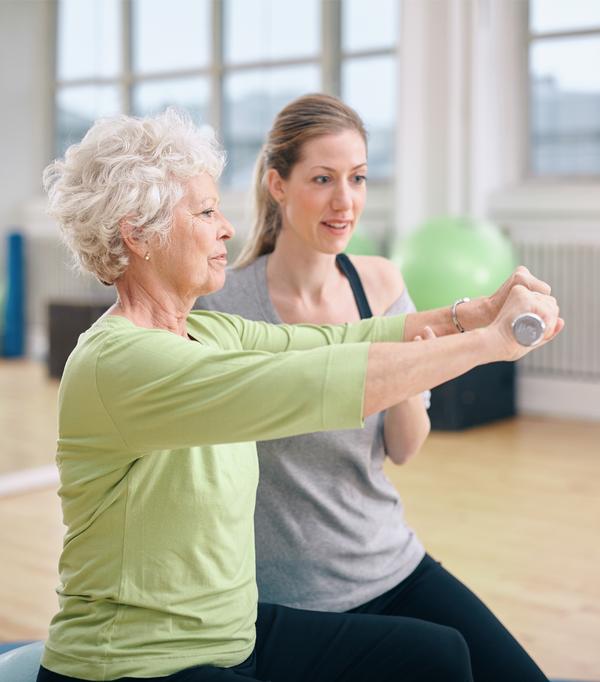
Sharon Hunt,
Spa manager,
Richmond Letcombe Regis, UK
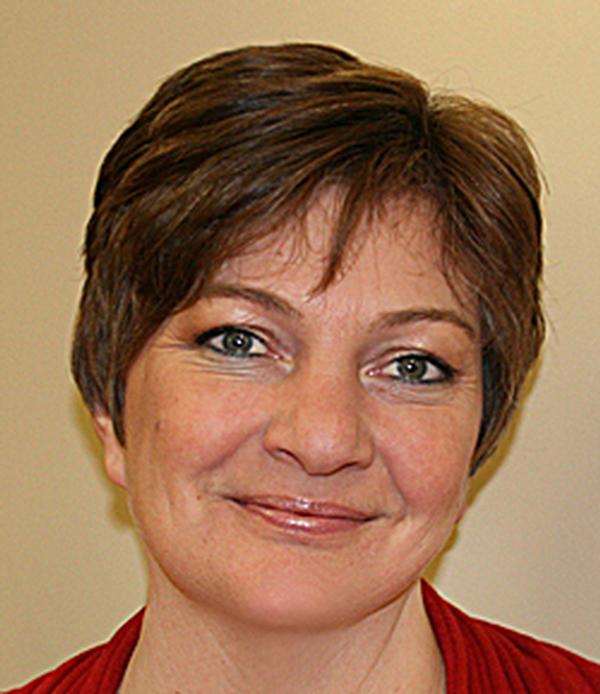
There’s a growing need for wellness-focused facilities that cater to older adults, because people are living longer and want activities and facilities that will help them achieve a happier, healthier life in old age. Such facilities also bring generations together and offer a chance for socialising, which is important for wellbeing.
We’ve seen the benefits of age-friendly facilities first-hand at Richmond Letcombe Regis. Our site launched in 2010 with a £1.75m spa and fitness facility that was designed by Sparcstudio with older people in mind, so they feel comfortable and don’t feel conscious about their age or disabilities. It’s now used by 60 per cent of residents, who are aged 75–80 years on average.
To ensure spa treatments are age-friendly, we offer a wide range to suit all needs: not only massages, facials and reflexology to boost a sense of wellbeing, but also physiotherapy, chiropractic and chiropody services.
It’s the same with our fitness classes: we offer easy, intermediate and hard sessions. Many of them involve stability and core balance exercises to help reduce the risk of falls. Most importantly, we’re not afraid to offer more modern classes such a Zumba, t’ai chi and ‘posture perfect’; just because our residents are old doesn’t mean they don’t want new things. We also have specialised yet less complicated gym equipment, which means more people are likely to use it.
An age-friendly design also ensures safety, and one of the most crucial elements is having handrails in the shower cubicles. Other not-so-obvious features include raised seats that are easier to get in and out of and a lower reception desk for people in wheelchairs.
Richmond Letcombe Regis is one of seven high-end retirement villages in the UK which are owned by healthcare specialists Bupa.
Details: www.richmond-villages.com
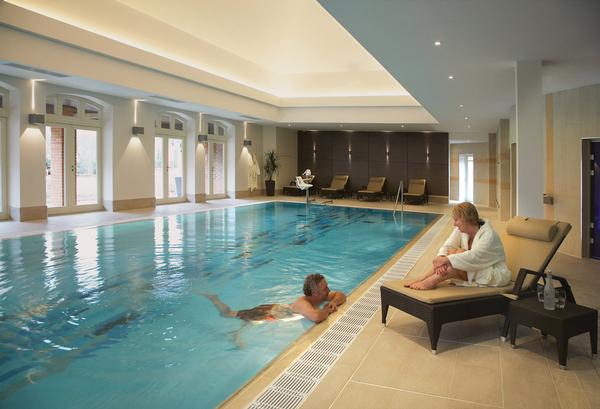
Graham Wilson,
Chief marketing & distribution officer,
Accor Asia Pacific
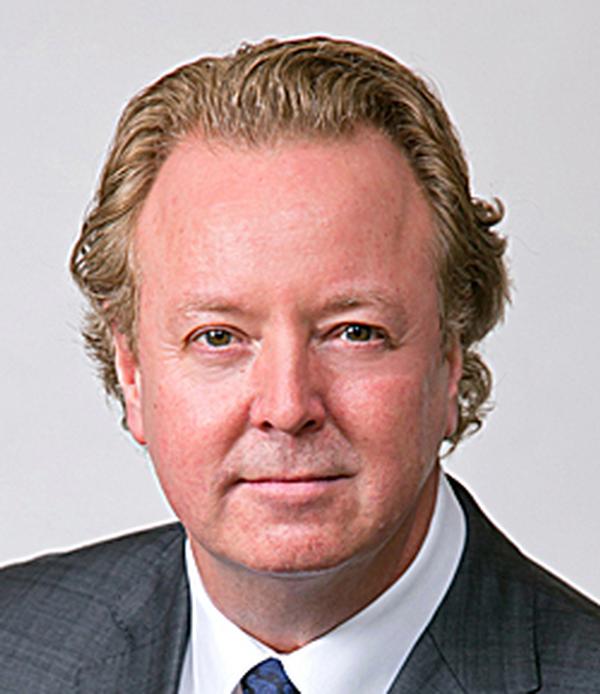
Today’s older demographic are younger in spirit, more technologically-minded and more active than many generations before them. They also value wellness – they want to feel healthier and look younger – which makes them a key audience for health clubs and spas.
How do we attract them without specifically advertising the fact that we’re age-friendly? We do this by appealing to things that mature people find important: the reassurance and trust of a global brand, value for money, and especially conscientious staff who genuinely care about guests’ experience.
We’ve introduced several programmes to train our staff to be more attentive to mature guests, who prefer closer interaction and appreciate it when employees spend more time with them and ask questions to get to know their specific needs better.
As part of our policy of diversity and inclusion, Accor also employs many mature and older staff, because we’ve found that older guests feel more comfortable around these more experienced employees.
Where would we the draw the line in catering to older customers? There’s not much we’d say no to, unless it meant alienating younger guests – we have to cater for all ages.
Accor has over 600 hotels in Asia under brands such as Sofitel, Mercure and Pullman. It works with the Silver Group to ensure its properties are age-friendly.
Details: www.accor.com









